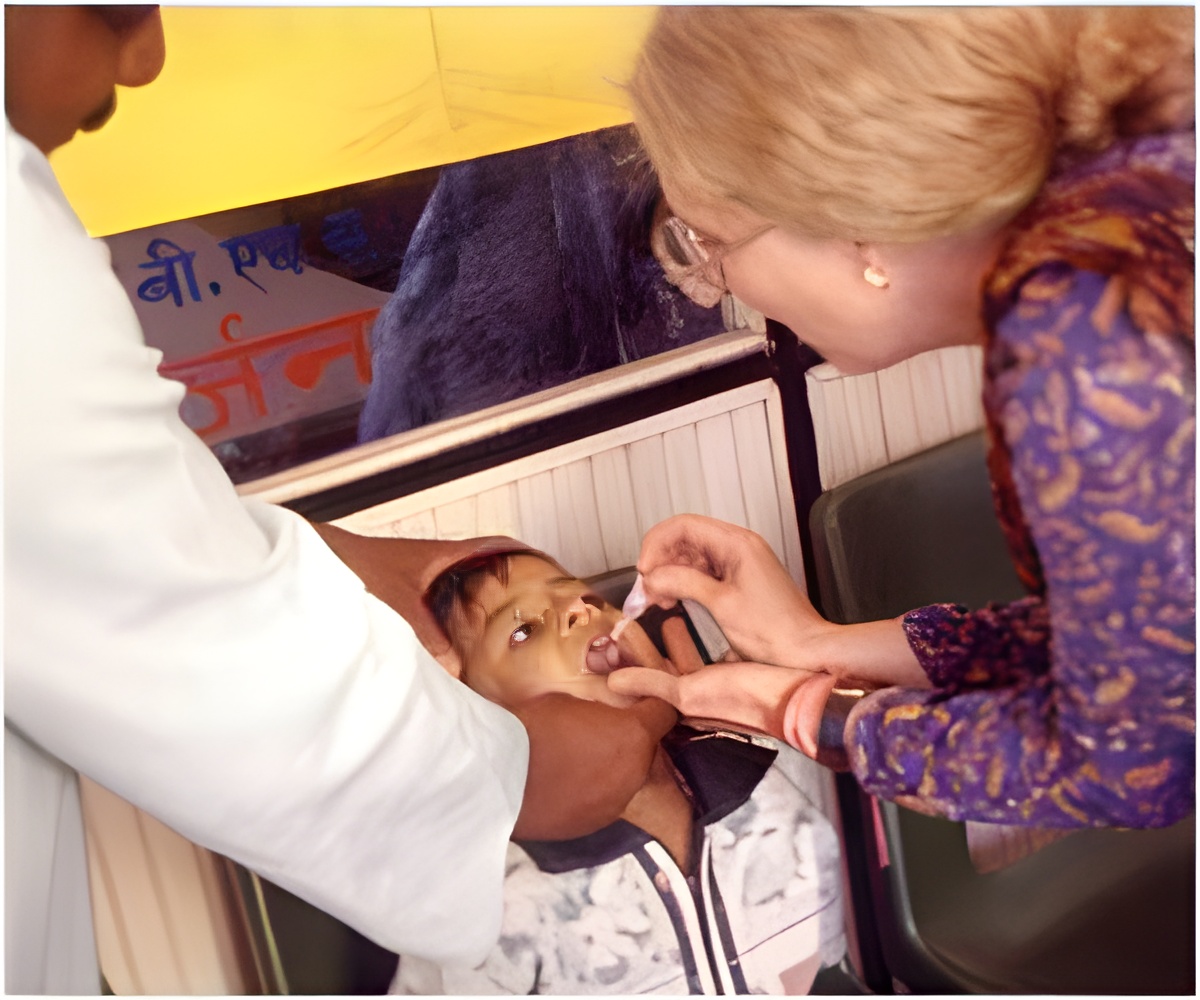
‘Two fractional doses (one fractional dose is one-fifth of a full dose) of IPV, given twice to infants provide the same protection against all polio viruses as does one full dose of IPV.’
Tweet it Now
"Amid a global shortage of injectable IPV, countries in the WHO South-East Asia Region are opting to use fractional doses of IPV, an evidence-based intervention that not only ensures continued protection of children against all types of polio viruses, but also helps save vaccine -- a move bound to positively impact global vaccine supply in the coming years," said Poonam Khetrapal, WHO Regional Director for South-East Asia. India became the first country globally to introduce fractional doses of IPV in childhood immunisation programme in eight of its 36 states / union territories in early 2016.
"The initiative is now being scaled up nationwide. Sri Lanka followed suit in July 2016. Bangladesh has decided to introduce fractional IPV doses this year. Other countries in the region are also considering a shift to the use of fractional IPV doses in their immunisation schedule," Khetrapal added.
According to WHO, studies have confirmed two fractional doses (one fractional dose is one-fifth of a full dose) of IPV, given twice to infants -- first at the age of six weeks and then at 14 weeks -- provide the same protection against all polio viruses as does one full dose of IPV.
"By using fractional IPV, countries are saving vaccine and vaccine cost, without compromising on the protection that the vaccine provides to children against polio," said Khetrapal in the statement.
Advertisement
As a part of the global polio endgame strategy, countries in the region have introduced IPV to supplement the oral polio vaccine (OPV), and ensure protection against all types of polio viruses, while the programme globally strives towards stopping poliovirus transmission and cessation of OPV use.
Advertisement








